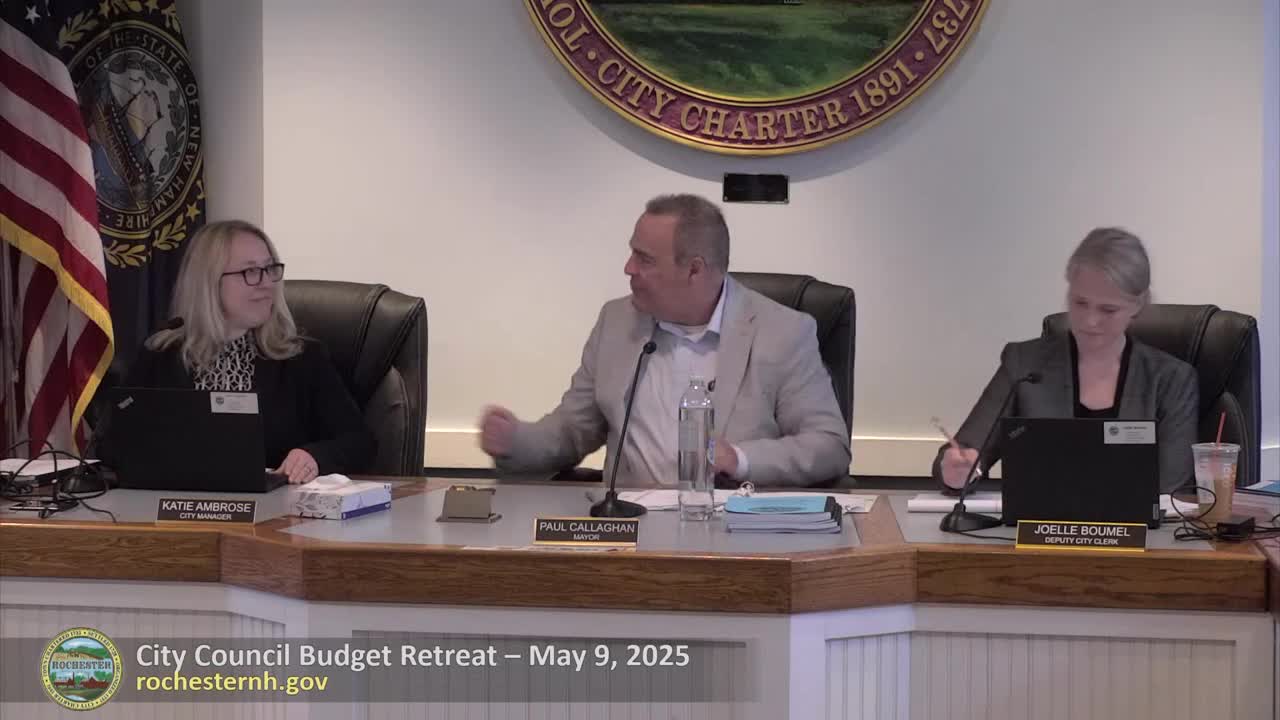Article not found
This article is no longer available. But don't worry—we've gathered other articles that discuss the same topic.
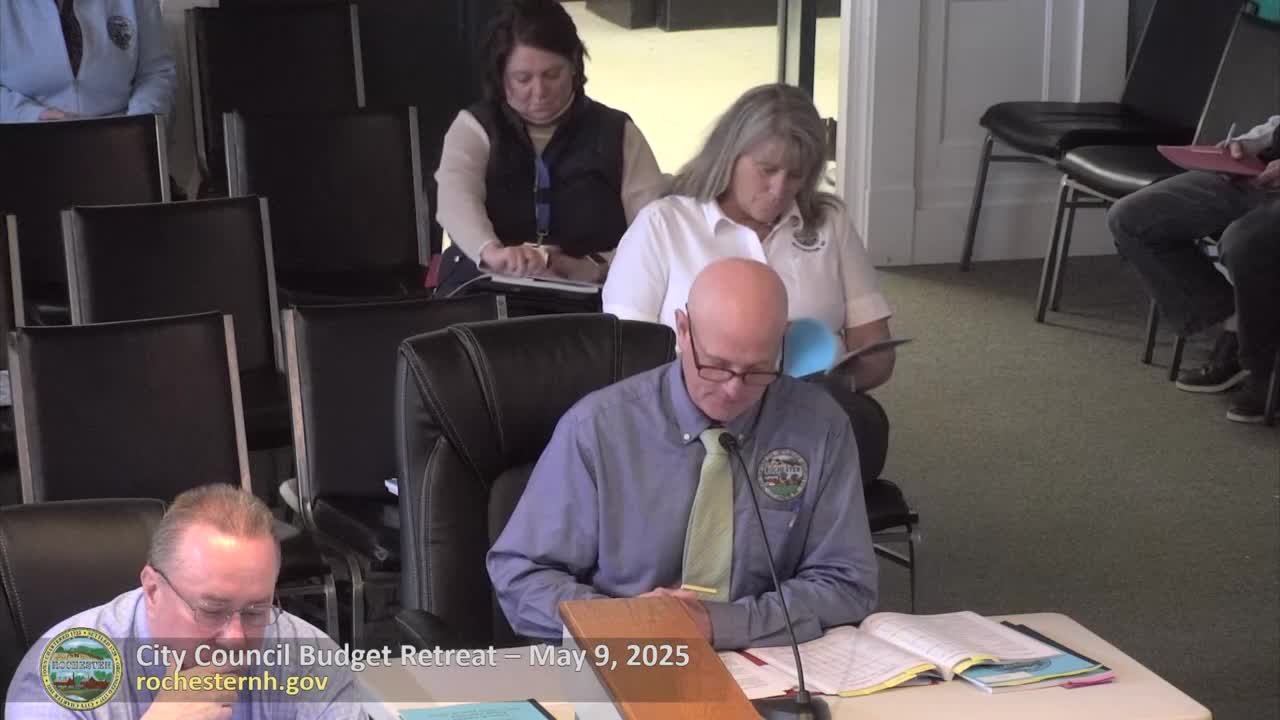
Welfare director asks to reinstate intake worker, cites higher rental costs and service demand
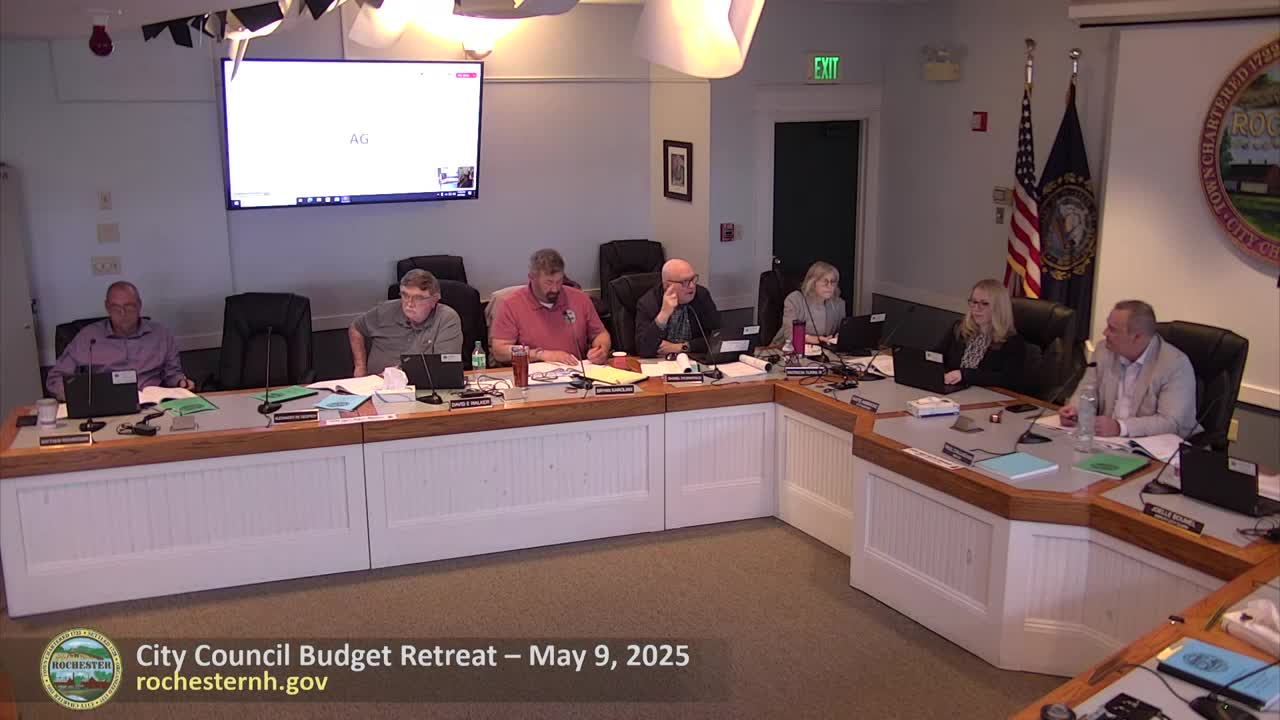
Building office proposes dedicated electrical inspector as construction scale rises
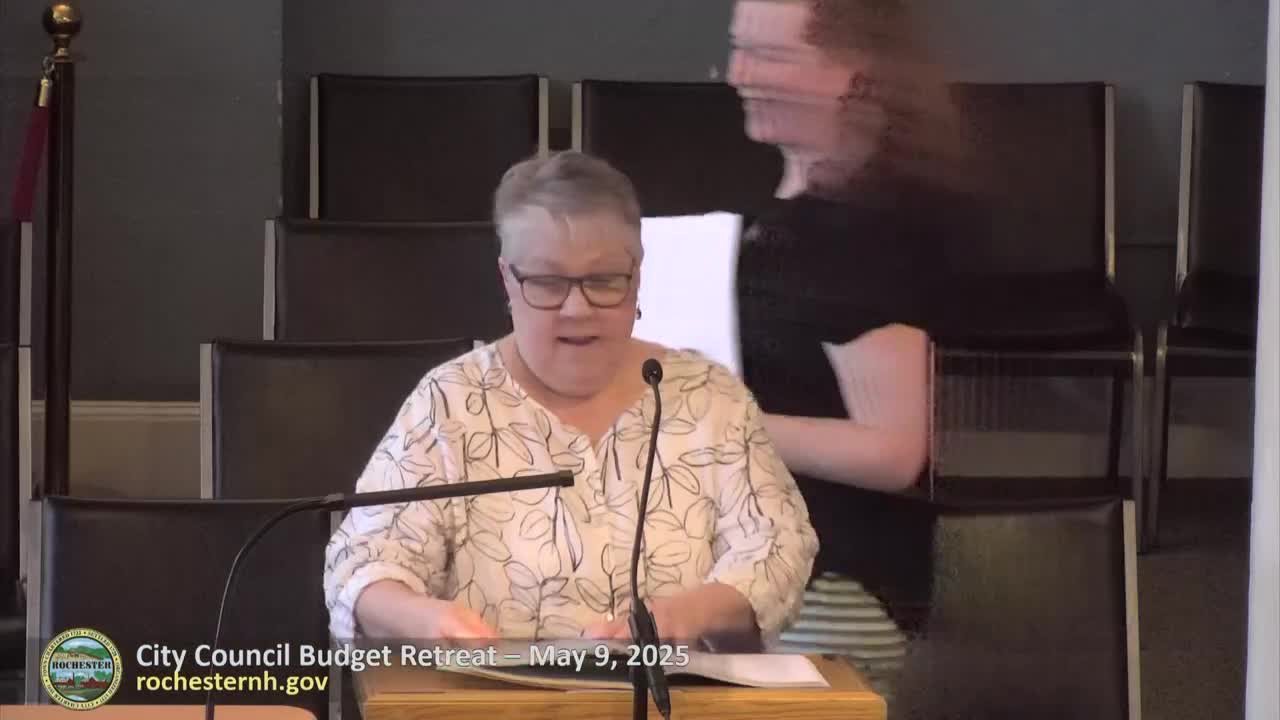
Library seeks full‑time children’s-room assistant to expand programs and steady coverage
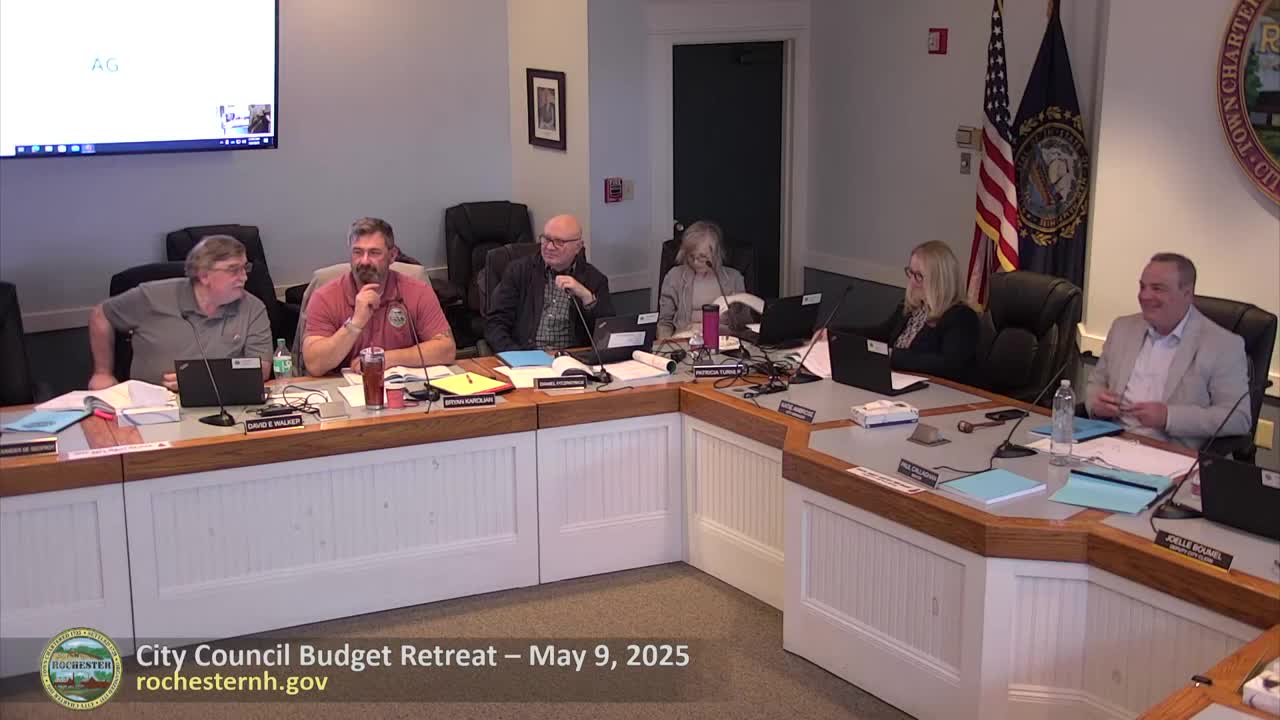
Recreation seeks field attendant position; arena refrigeration overhaul and skate‑park feasibility in CIP
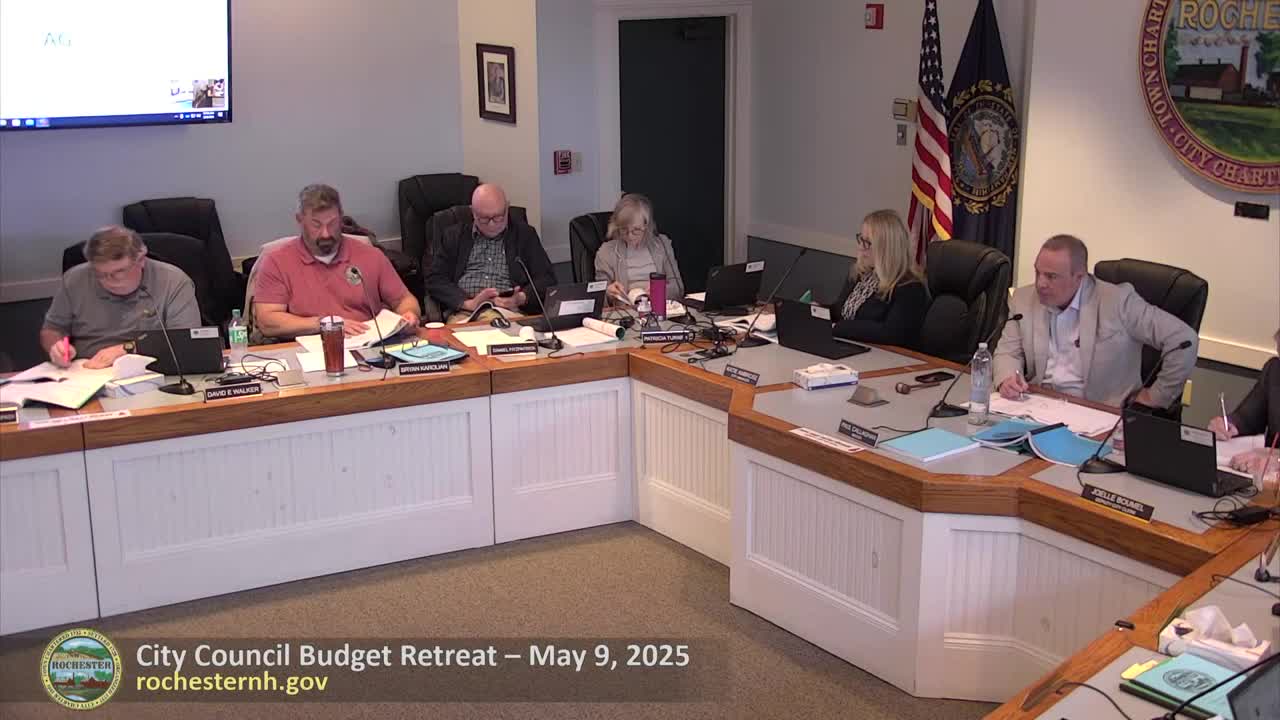
Public Works highlights pavement needs, CIP adjustments and water/wastewater staffing plan
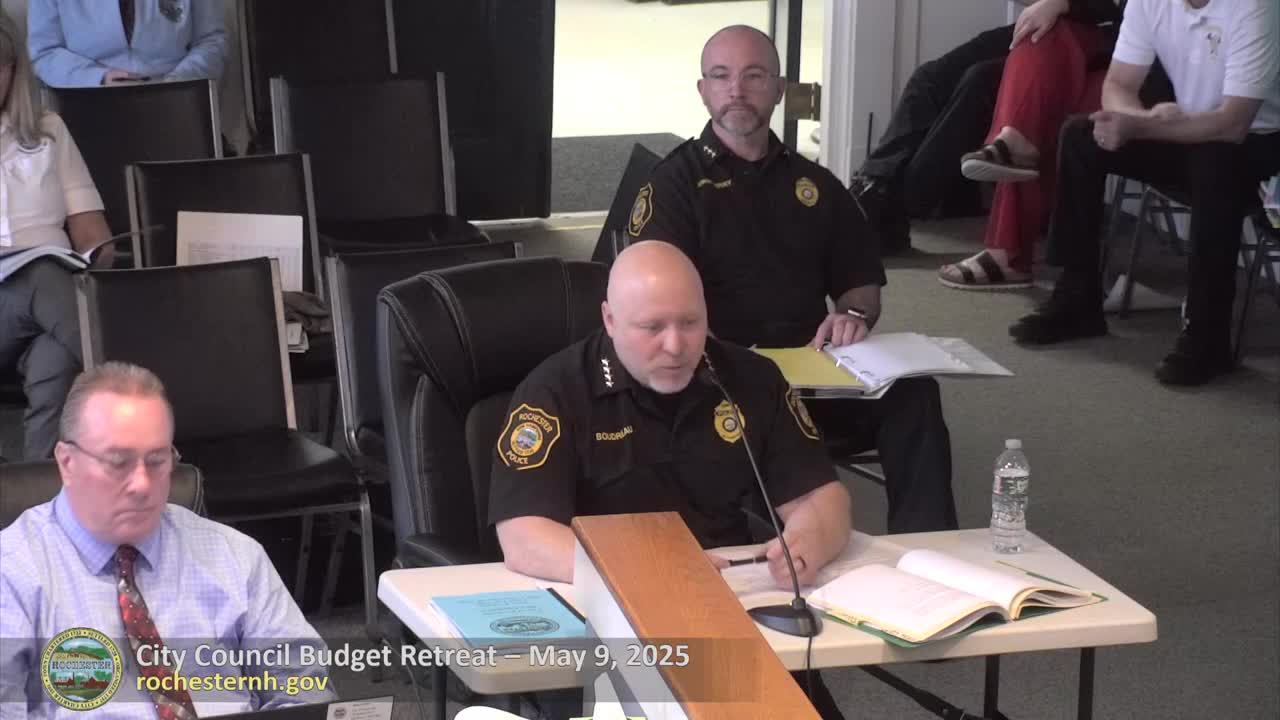
Fire chief outlines PPE changes, training needs and Seabrook emergency‑management reimbursements
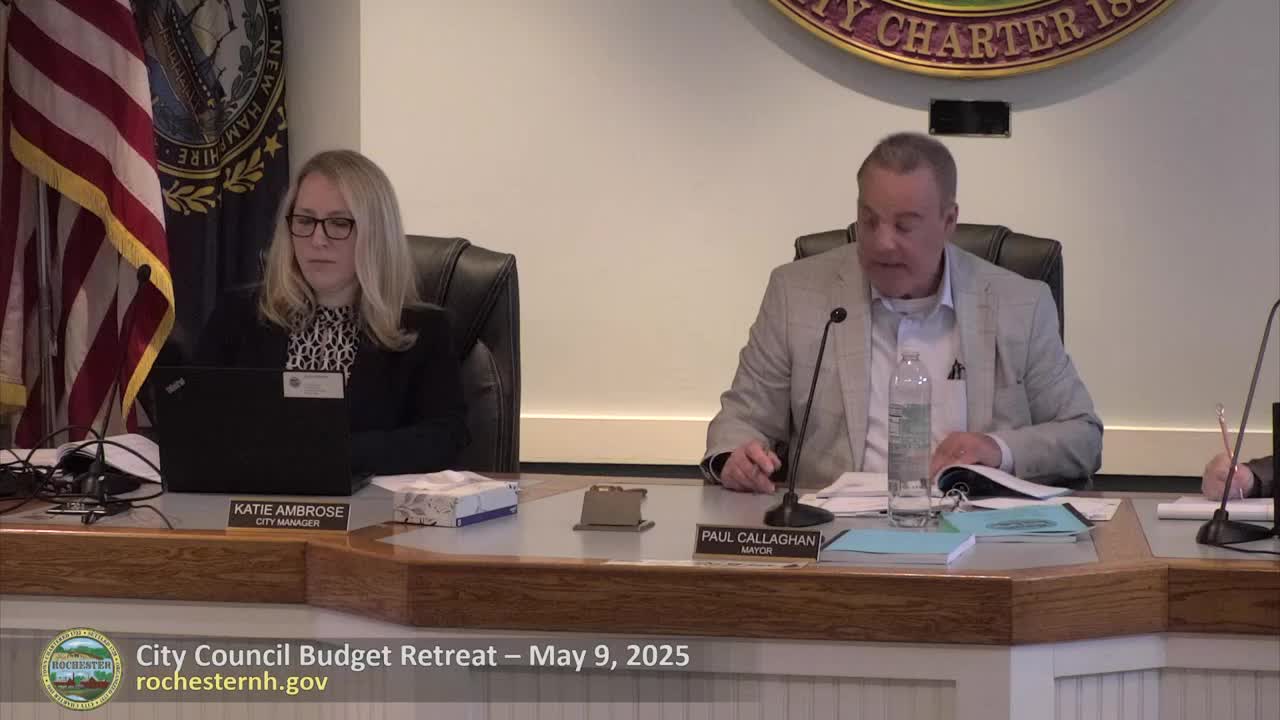
Police budget seeks crime analyst, cameras and taser upgrade as department reports openings
